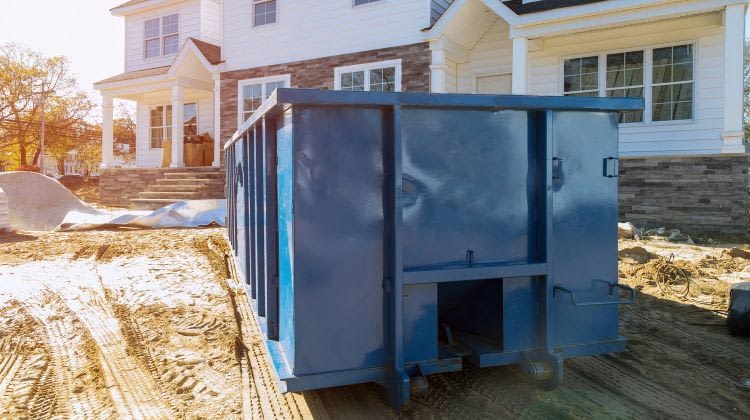
Many of us know just how quick and easy it is for construction jobs to increase in price. This is why it’s vital to make the right choices. One of those important decisions will come when you must choose the right dumpster for your construction job. Renting a dumpster is quite costly, and if you choose the wrong size, you could easily lose money that you could use elsewhere. Keep reading for some tips on choosing the correct size.
Depth of Project
When you’re deciding on the right dumpster for your construction project, the first thing you want to do is understand the depth of the project. As such, consider what you’re dumping or throwing out. More importantly, what exactly are you tossing out? There are various laws for disposing of hazardous waste that may be different depending on your location. If you’re unsure what you can toss, ask your dumpster rental company directly.
20-Yard Dumpster
A 20-yard dumpster rental is a great way to dispose of construction waste at the beginning of your project. This is because you’re still gauging the amount of debris you’ll throw out. Starting small rather than large is good if your project is new, as you can always move up in size. What’s more, it’s quite easy to fill up a small dumpster. And this will aid you in choosing an accurately sized dumpster for the bulk of your project.
30-Yard Dumpster
If your construction project is demolition, hoarding, cleaning, or clearing out foreclosed homes, then a 30-yard dumpster may be ideal. With projects like these, you must throw nearly everything out. Moreover, the materials you’ll throw out are bulky and large, such as furniture pieces and appliances. When you combine that with the amount of construction waste and debris you’ll toss, you can see that a 30-yard dumpster is the best option.
40-Yard Dumpster
Usually, a 40-yard dumpster is the largest size that dumpster rental companies offer. These hefty-sized dumpsters are great for large demolition jobs and construction projects that require extensive home renovation. The reason is that they can hold a plethora of heavy debris like dirt, asphalt, brick, and cinder blocks.